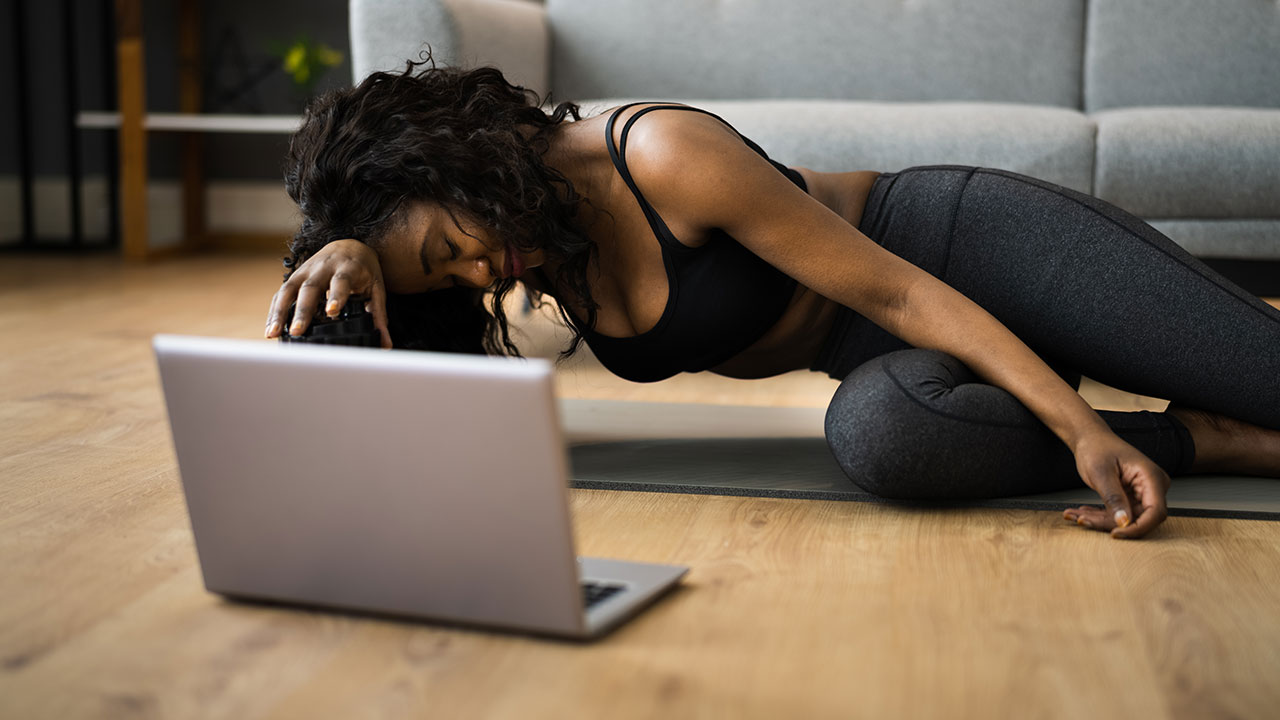7 Ways to Get More Deep Sleep

Hey Angels and Alphas,
Health and weight loss experts all agree – not getting enough sleep is bad for you.
It messes up your immune system, your heart health, and your efforts to lose weight. And while getting enough sleep is vital in its own right, it’s also necessary to spend enough time in each phase of your natural sleep cycle – especially deep sleep.
WHAT IS DEEP SLEEP?
Everyone sleeps in cycles, and most people usually go through 4-6 sleep cycles every night. Before you reach REM sleep, the phase in which you dream, there are two main stages:
Light sleep (non-REM): This phase is made up of two distinct phases, N1 and N2. In this phase, you have fallen asleep, but you’re easier to wake up.
Deep sleep (non-REM): This type of sleep is also called N3, and your body requires it to feel rested in the morning. If you wake up during the stage of deep sleep, you will feel groggy and tired.
People spend about a quarter of their night in deep sleep. The majority of it comes in the cycles during the first half of the night. Deep sleep is sometimes called slow-wave sleep. This is because if we look at the brain waves on an EEG, deep sleep will create large, slow, wave-type patterns that indicate that the brains activity is minimal.
All your sleep phases are important for your health, but deep sleep is one of the most crucial ones. During deep sleep, your body goes into self-repair mode, releasing growth hormone, repairing damaged tissues, and consolidating your memories.
7 WAYS TO GET MORE DEEP SLEEP
#1 SKIP THE DEPRESSANTS AND STIMULANTS
Experts have long known that stimulants and depressants such as alcohol, caffeine, nicotine, and cannabis have an overall negative impact on sleep and reaching adequate levels of deep sleep. You might think anything with this sedative effect will help with deep sleep, but experts point out that quality sleep and sedation are far from the same.
#2 STAY BUSY THROUGHOUT THE DAY
Keep your body (and your mind) active with exercise and complex, engaging work, social interactions and purpose-driven activities. This has all been shown to result in better, deeper sleep at night.
#3 USE YOUR BED FOR SLEEP AND SLEEP ONLY
With so many people working from home, it’s difficult to snuggle up in bed during the day. This, however, can create some sleep difficulties. You should leave your bed if you’re awake for more than 10-15 minutes. Find low-key activities to do until you feel the signs of sleepiness, then return to bed.
#4 SKIP NAPS… OR TAKE THEM EARLY
The term “sleep pressure” refers to how much your body needs to sleep. Low sleep pressure can decrease deep sleep and make it even more difficult to fall asleep at a regular bedtime. Taking naps close to bedtime will lower your sleep pressure and make it more difficult to fall asleep. Consider having an accurate timing and schedule for naps, if you’re someone who wants or needs to take them.
#5 GO TO BED EARLIER
You might get even more deep sleep if you increase your sleep hours before midnight. If you’re the average sleeper that doesn’t have trouble staying asleep or falling asleep, and if you tend to go to bed later (11 p.m. or later), try experimenting with going to bed earlier and see what difference this makes for your recovery.
#6 TRACK YOUR MEDIA CONSUMPTION
Listening to discouraging reports or all the negativity in the news right before bed is a bad idea. It will keep your mind racing throughout the night. Opt for shows that are more entertaining and lighter later in the day and do your best to reduce screen exposure at least an hour before you go to bed.
#7 DON’T WORRY ABOUT A FEW BAD NIGHTS
Just like we can all have bad days… we can all have bad nights. They happen now and then. Of course, we may start feeling more tired during the day after a bad night, but shorter periods of bad sleep are pretty much recoverable after one or more nights of high-quality, deep sleep.





